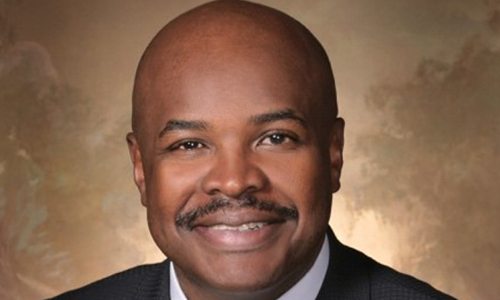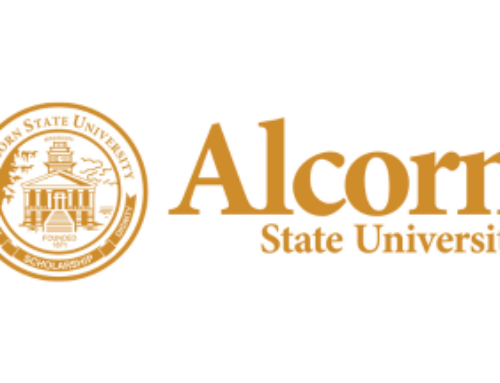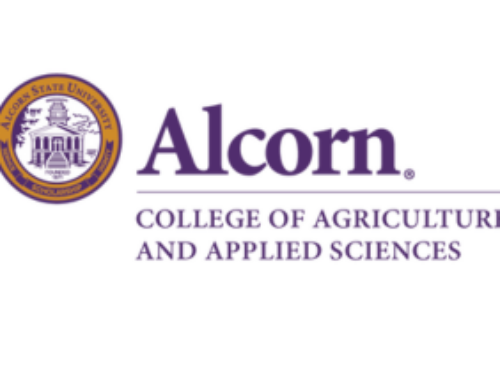Terry Cosby named chief of the Natural Resources Conservation Service
Growing up on a farm in Enid, Mississippi, gave Terry Cosby ’82 an appreciation for the land.
“My love for the land began at a young age,” said Cosby, who earned a bachelor’s degree in agriculture education. “I grew up on a cotton farm that has been in my family since my great grandfather purchased it in the late 1800s.”
After taking his passion to the United States Department of Agriculture’s (USDA) Natural Resources Conservation Service (NRCS) 42 years ago, the Alcorn State University alumnus has worked his way to becoming the agency’s new chief.
The promotion is the culmination of Cosby’s years of dedication and hard work.
“I’m very proud of what I’ve accomplished. My father and mother instilled a spirit of service in me at an early age. I appreciate working with our passionate employees and agency leadership on shared responsibilities that help agriculture families, customers, and communities across America realize their conservation and production dreams.”
Before his new role, Cosby served as the state conservationist for Ohio, where he implemented several programs to aid the less fortunate. He’s thankful for the lessons his past experiences have taught him.
“Our office established the Ohio Interagency Forestry Team, implemented the Environmental Quality Incentives Program, and partnered with urban agriculture programs to bring fresh produce to underserved communities. These accomplishments were part of the programmatic building blocks for what is now the national Office of Urban Agriculture and Innovative Production. Now, I have the chance to use the skills and knowledge I’ve gained from those projects to continue implementing successful programs on a national scale.”
Continuing to navigate through the pandemic, along with tackling issues such as climate change and ensuring more jobs for minorities, are tasks that Cosby looks forward to completing in his new role.
“We have so much work to do, but it’s an exciting time. Our priority is beating the pandemic. We are focusing on climate-smart agriculture to help mitigate the impacts of climate change as well as ensuring racial equity here at the USDA and in the producers that we serve.”
Cosby is happy to be a part of a leadership team that is committed to setting the stage for future agency employees to thrive.
“We have a great leadership team, and we are committed to working to address these priorities. As a grandfather, I am proud of our contributions to ensure future generations have access to thriving natural resources. The farmers and ranchers of tomorrow, no matter their background, will have equal access to USDA programs and services.”
The agency makes its mark by adapting to the needs of the people it serves. Cosby hopes to continue the agency’s mission of finding innovative ways of lending its services to others.
“The NRCS oversees a broad range of programs to make conservation work for Americans. Recently, we’ve reached five million acres in easements, invested in conservation innovation grants and other financial incentives, and cooperated with other USDA agencies to respond to the COVID-19 pandemic and natural disasters. I want us to continue to adapt to the needs of our producers and partners and to seek creative ways to expand our outreach.”
Cosby’s success is a result of his experience as a student at Alcorn. He praises the University for fostering his skills and equipping him to excel.
“My education at Alcorn was a great foundation for my career at NRCS. It gave me the chance to learn about agriculture and conservation and get the hands-on experience that I needed to start working in the field. Along with other 1890 Universities, Alcorn plays an important part in the education and preparation of our youth. Alcorn provided an opportunity where I had a great and affordable college experience. The University plays an important role in building expertise.”




